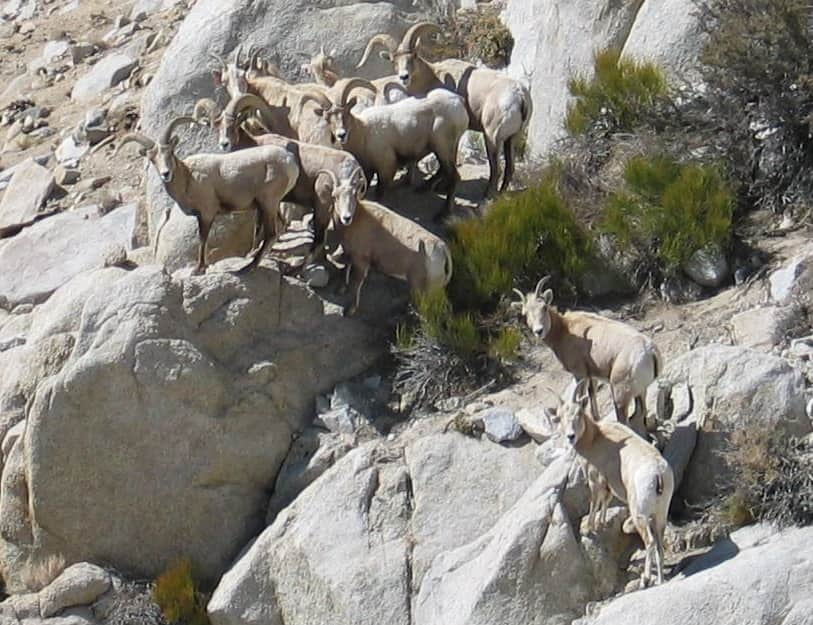California Bighorn Sheep Pneumonia Outbreak Worsens
OutdoorHub Reporters 06.21.13

The number of dead bighorn sheep found on California’s Old Dad Mountain soared from four to over 20. According to the Las Vegas Review-Journal, California wildlife officials have confirmed that at least some of the animals had perished due to a strain of pneumonia especially deadly to bighorn sheep.
The disease was likely contracted from domestic sheep or goats and is now running rampant through the largest bighorn herd in the Mojave National Preserve. There are approximately 200 to 300 bighorns in the area and experts say that these animals are vital to the species’ sustainability in the state.
“It’s really kind of a grim situation to be perfectly honest with you,” said the preserve spokesperson Linda Slater.
Worse yet is the herd’s proximity to bighorns in nearby Nevada. Officials are hoping that the affected sheep can be contained, but are considering culling the herd. It is a sad situation for one of California’s healthiest bighorn groups, which was previously large enough to take animals from to reinforce bighorn populations elsewhere.
“To really get rid of the disease, you have to kill every animal, but that’s not practical or likely to happen,” Slater said. “There are no good management options.”
Bighorns affected by pneumonia can suffer from congested lungs, experience trouble with breathing, and lethargy. Animals that contract the illness will often die a few days after contracting the disease and it is almost always fatal. There are no known vaccines to prevent pneumonia in wild bighorns and although the disease can be medically treated, it is not very practical to do so with large populations.
This current outbreak was first discovered by a National Park Service employee last week and it seems to be spreading quickly. Although bighorns have recovered significantly since a major population crash in the 1900s, the future of the species is anything but secure. Bighorn sheep also exist in Siberia, although their North American cousins have evolved differently and produced a subspecies in the form of the Dall sheep.

